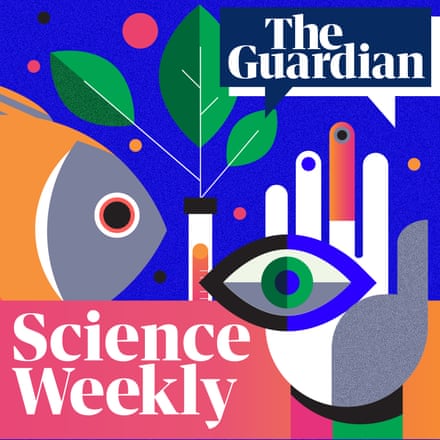Science Weekly podcast: unmasking the unconscious mind
In this week's show Alok Jha meets author and physicist Leonard Mlodinow to explore his book Subliminal: The Revolution of the New Unconscious and What It Teaches Us About Ourselves.
Mlodinow discusses the profound ways in which many of our everyday actions are dictated by the unconscious mind, and why the intriguing question is not why we are unconscious of so much of what goes on in our brains – but rather why we have any consciousness at all.
Alok is also joined by Observer science editor Robin McKie to celebrate the huge success of SpaceX and a big step towards the commercialisation of space; and Guardian science blogger Martin Robbins, who describes his encounter with anti-GM campaigners at the Rothamsted demonstration last weekend.
Finally, Alok meets filmmaker Mike Paterson to discuss his film/web project 94 Elements which sets out to tell the human stories behind the periodic table. We're featuring one of the amazing films – Copper – on our website.
Subscribe for free via iTunes to ensure every episode gets delivered. (Here is the non-iTunes URL feed).
Follow the podcast on our Science Weekly Twitter feed and receive updates on all breaking science news stories from Guardian Science.
Email scienceweeklypodcast@gmail.com.
Guardian Science is now on Facebook. You can also join our Science Weekly Facebook group.
We're always here when you need us. Listen back through our archive.

The Guardian is editorially independent. And we want to keep our journalism open and accessible to all. But we increasingly need our readers to fund our work.
Support The Guardian